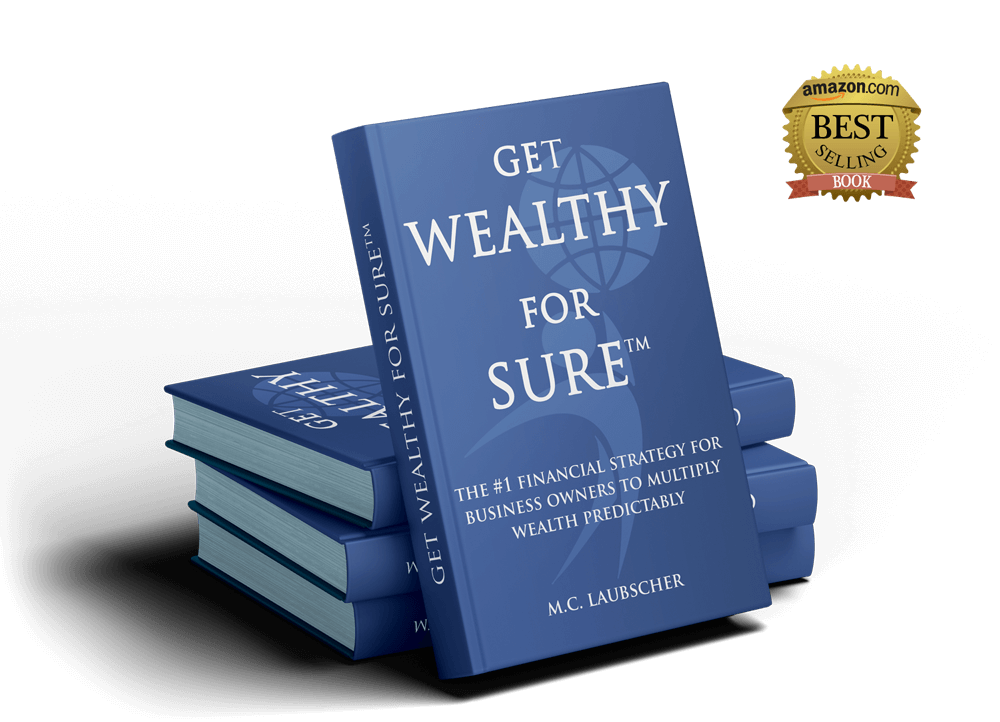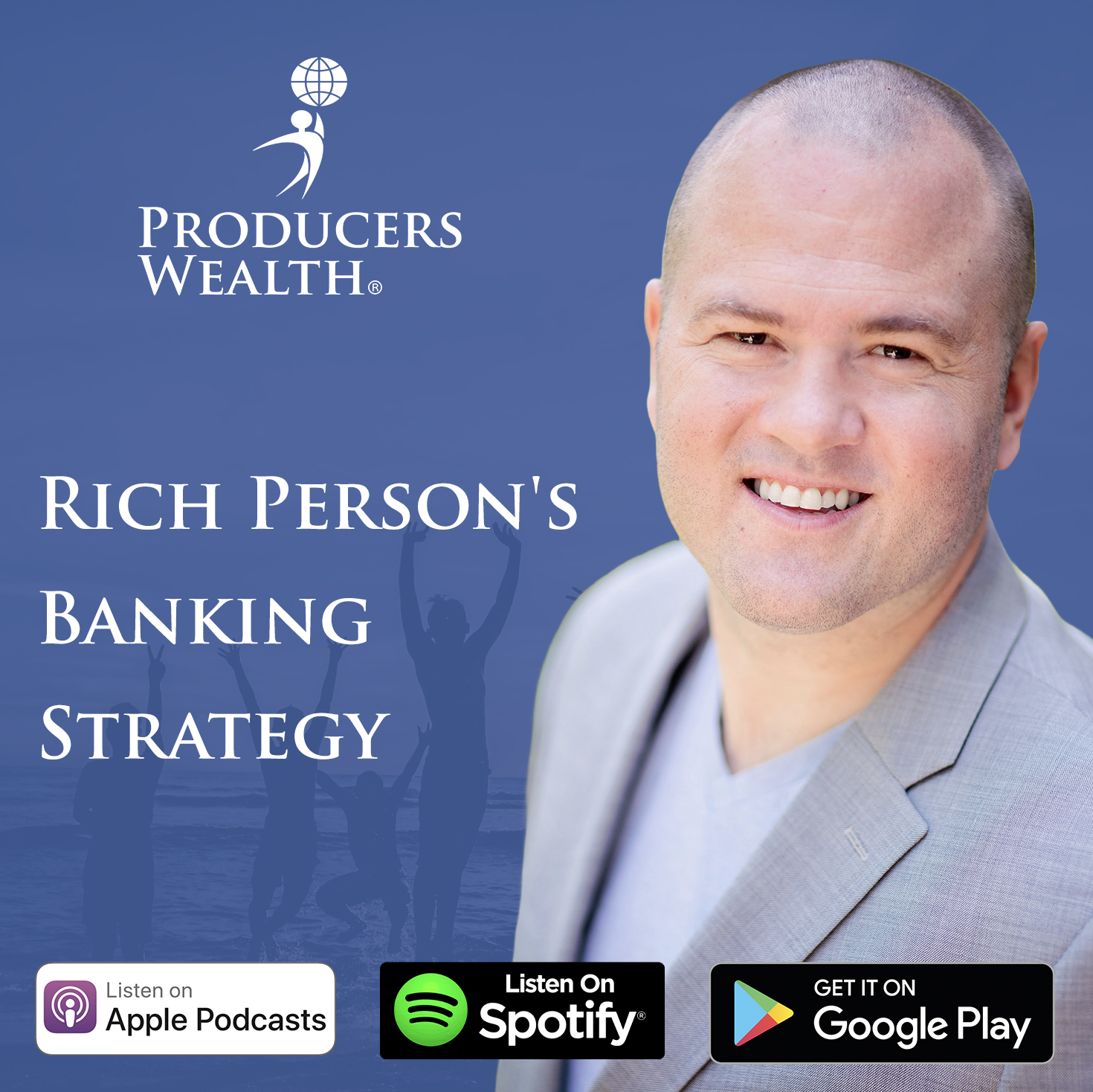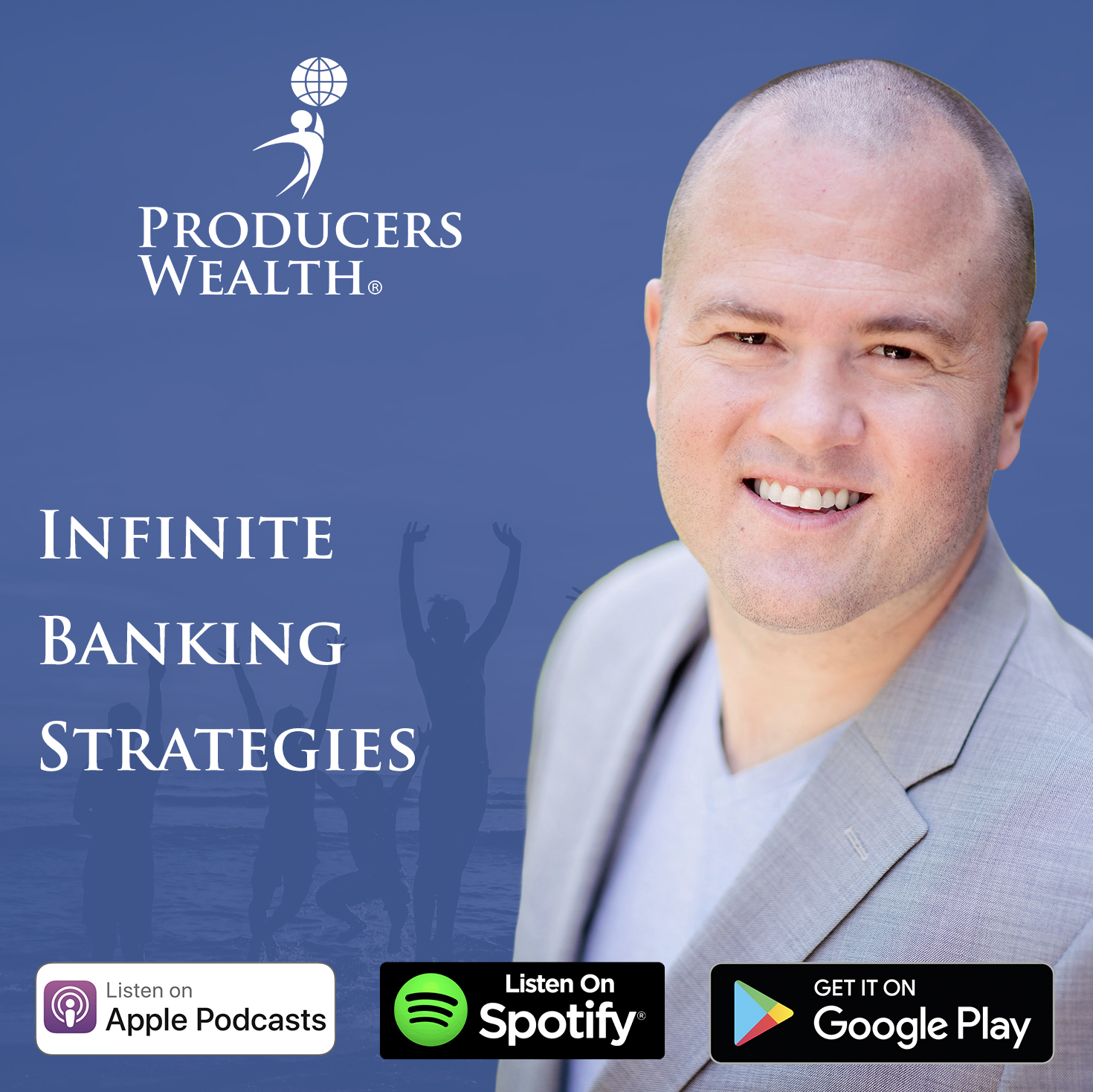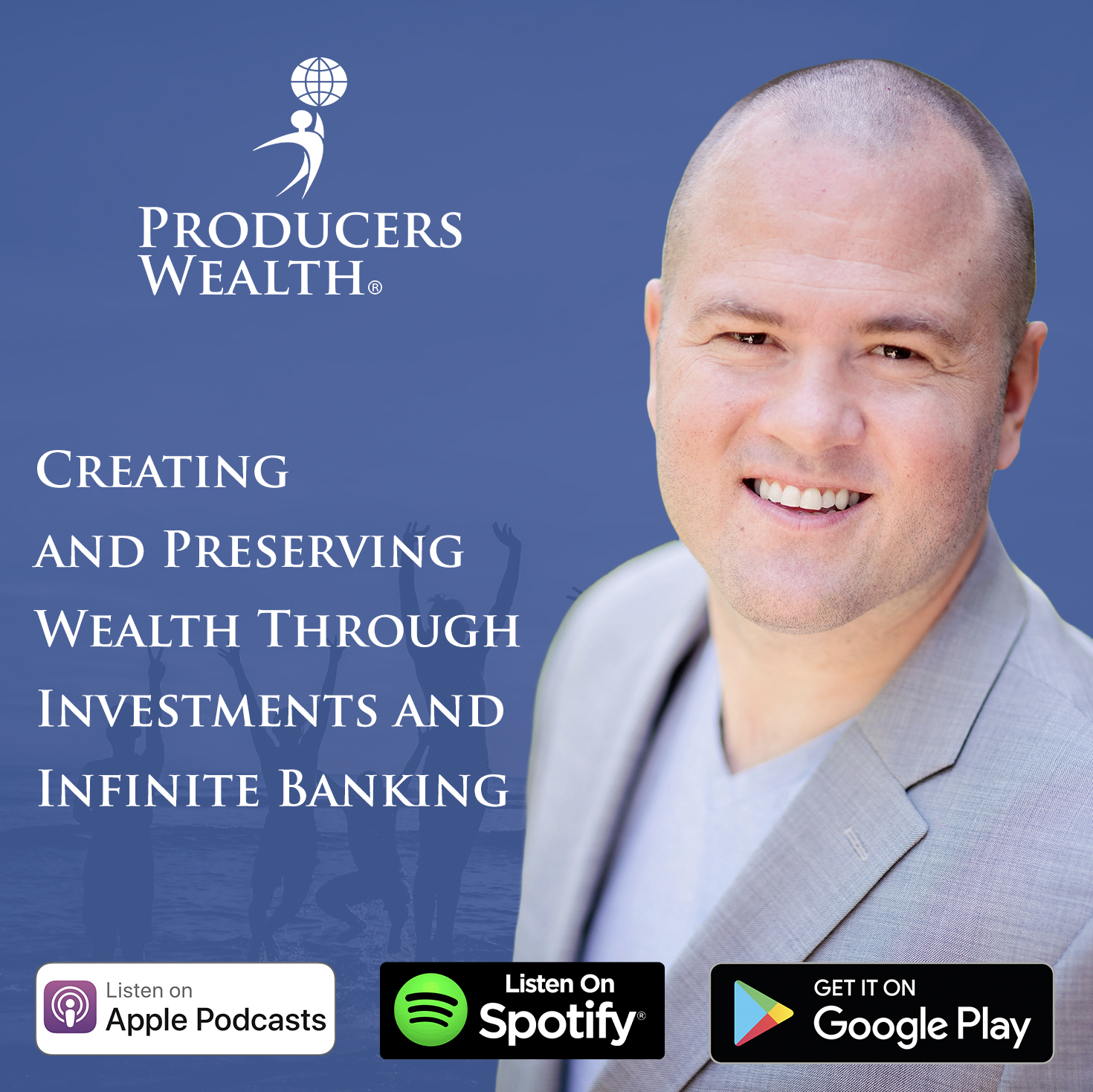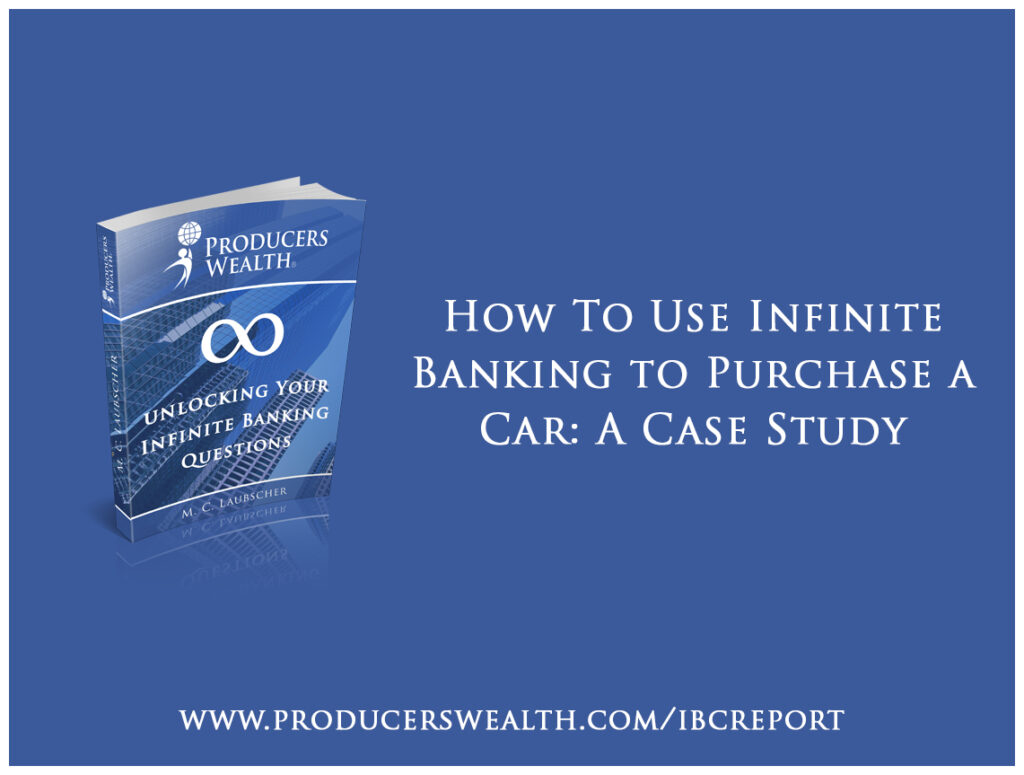
The concept of infinite banking revolves around using a dividend-paying whole life insurance policy as a personal “bank.” This method allows individuals to borrow against the cash value of their policy, use that loan for various expenses, and then pay themselves back with interest. The idea is to “be your own bank” and recycle and recapture money that would otherwise go to third-party financial institutions.
The Scenario:
Let’s take John, a 35-year-old professional, as our case subject. John learns about infinite banking and decides to set up a dividend-paying whole life insurance policy. Over several years, he contributes regularly to the policy, and it accumulates a substantial cash value.
Now, John wishes to buy a new car that costs $30,000. Instead of paying cash or getting a loan from a bank, he decides to leverage the infinite banking concept.
The Infinite Banking Process:
Borrowing Against the Policy: John borrows $30,000 from his policy’s cash value to buy the car. Since this is a loan, it doesn’t create a taxable event. His policy continues to earn dividends and interest as if he hadn’t taken a loan, because the insurance company uses other assets as collateral for John’s loan, allowing his cash value to remain intact and continue growing.
Repaying the Loan: Instead of making car payments to a finance company, John “pays himself” by repaying the loan he took from his policy, with interest. Let’s assume he decides on a 5% interest rate, slightly more than what the policy charges. This means John is not only replenishing the amount he borrowed but also growing his fund at a better rate.
The Policy’s Growth: While John is repaying the loan, his policy continues to earn dividends. Even with the loan outstanding, the policy grows as if no money were borrowed, thanks to the insurance company’s collateral arrangement.
Comparing the Two Methods:
- Using Cash: If John used $30,000 of his cash to buy the car, that money would no longer be available for other investments or emergencies. Plus, he loses the potential growth that money could have earned.
- Infinite Banking: By using the infinite banking method, John gets his new car while still allowing his funds to grow as if he hadn’t touched them. He’s effectively recycling his money: using it to purchase the car and then replenishing it with his repayments, all while earning interest and dividends.
Benefits of Infinite Banking for Car Purchase:
Control: John has full control over the loan terms, repayment schedule, and interest rate.
Liquidity: The cash value remains accessible for future needs.
Continued Growth: The whole life policy continues to earn dividends and interest, even with an outstanding loan.
Avoiding Third Parties: John avoids banks, credit checks, or the need to qualify for a loan.
While the infinite banking concept requires a good understanding and disciplined implementation, it offers a unique approach to managing major purchases. For someone like John, using this strategy to buy a car allows him to maximize the utility of his money, ensuring he retains control and continues to benefit from its growth.
Watch all of our educational videos on Infinite Banking here.
Disclaimer and Waiver
Michiel Laubscher & Laubscher Wealth Management LLC is not an investment advisor and is not licensed to sell securities. None of the information provided is intended as investment, tax, accounting, or legal advice, as an offer or solicitation of an offer to buy or sell, or as an endorsement, of any company, security, fund, or other offerings. The information should not be relied upon for purposes of transacting securities or other investments. Your use of the information contained herein is at your own risk. The content is provided ‘as is’ and without warranties, either expressed or implied. Michiel Laubscher & Laubscher Wealth Management LLC does not promise or guarantee any income or specific result from using the information contained herein and is not liable for any loss or damage caused by your reliance on the information contained herein. Always seek the advice of professionals, as appropriate, regarding the evaluation of any specific information, opinion, or other content.

